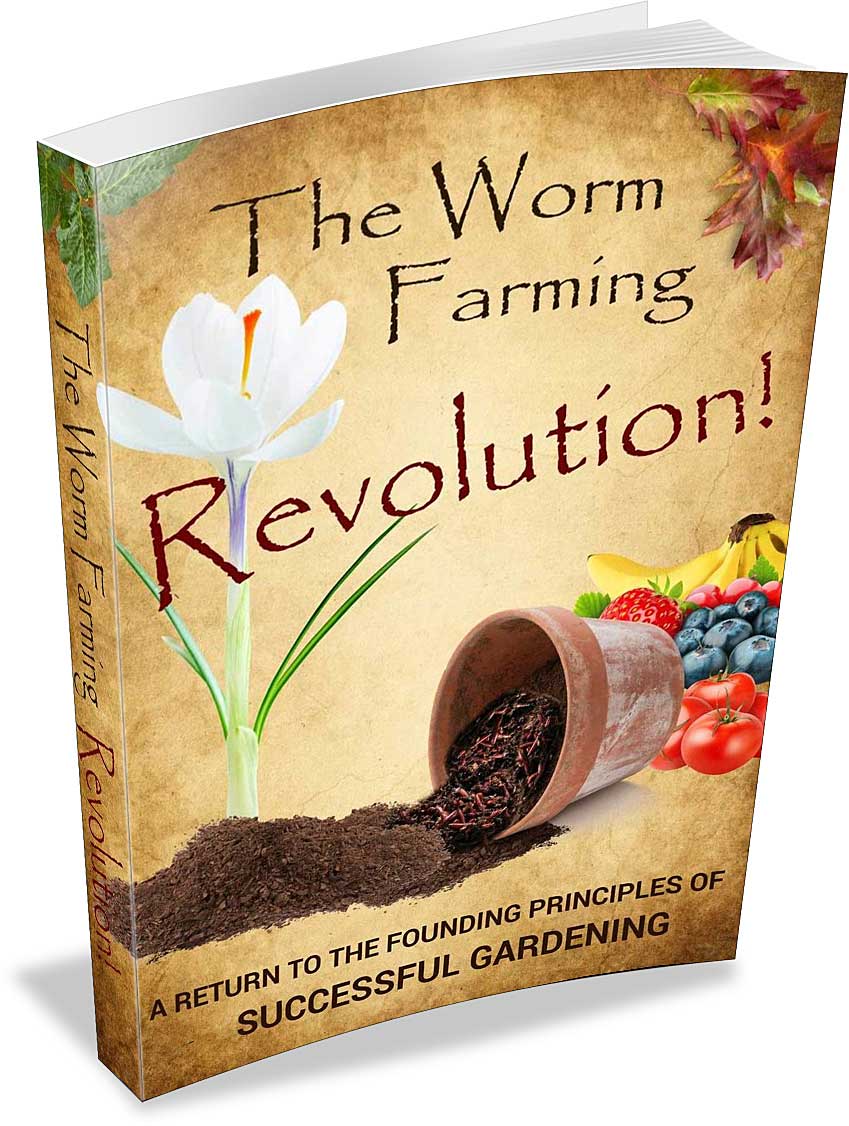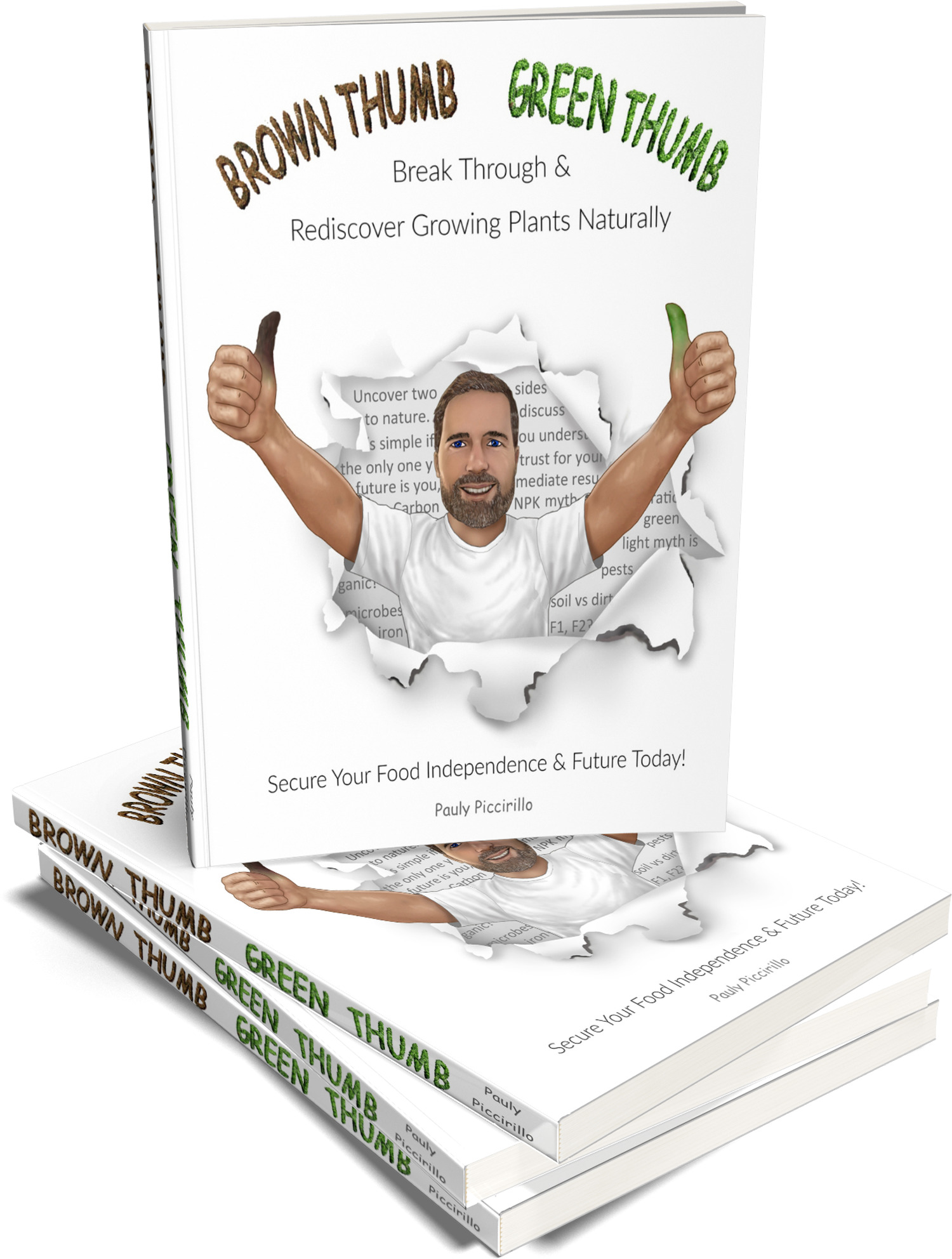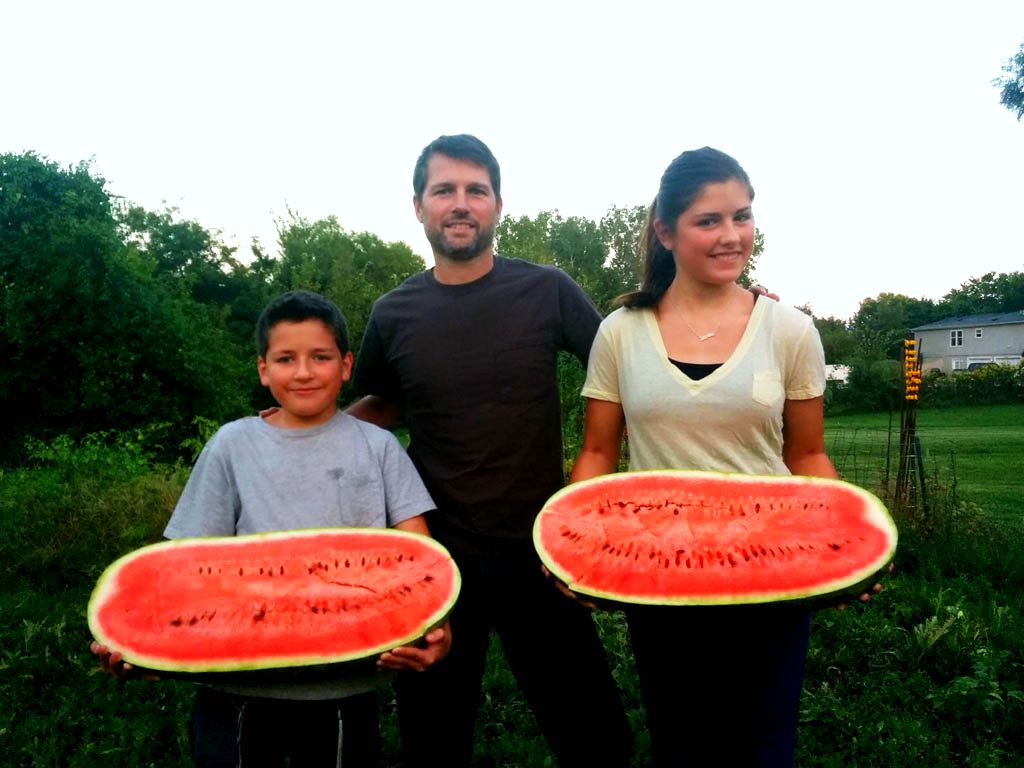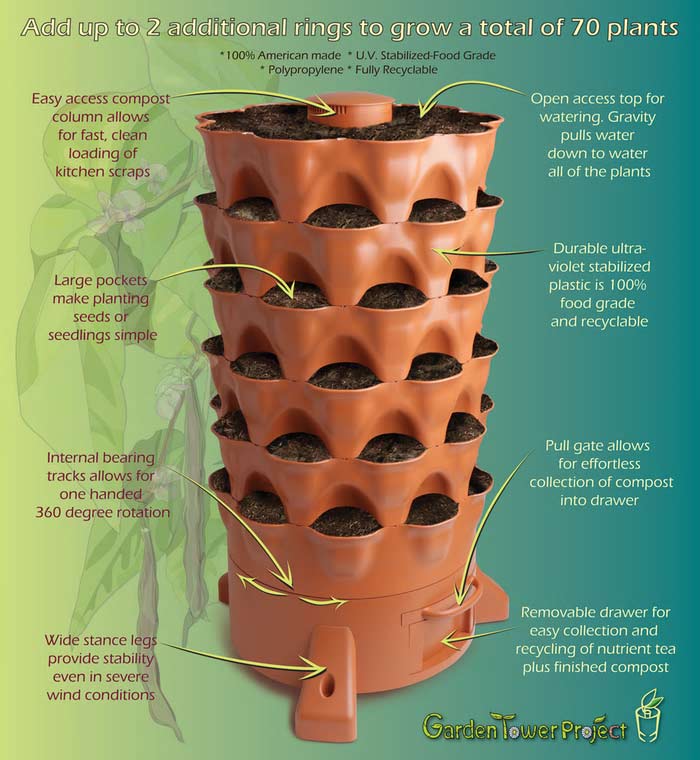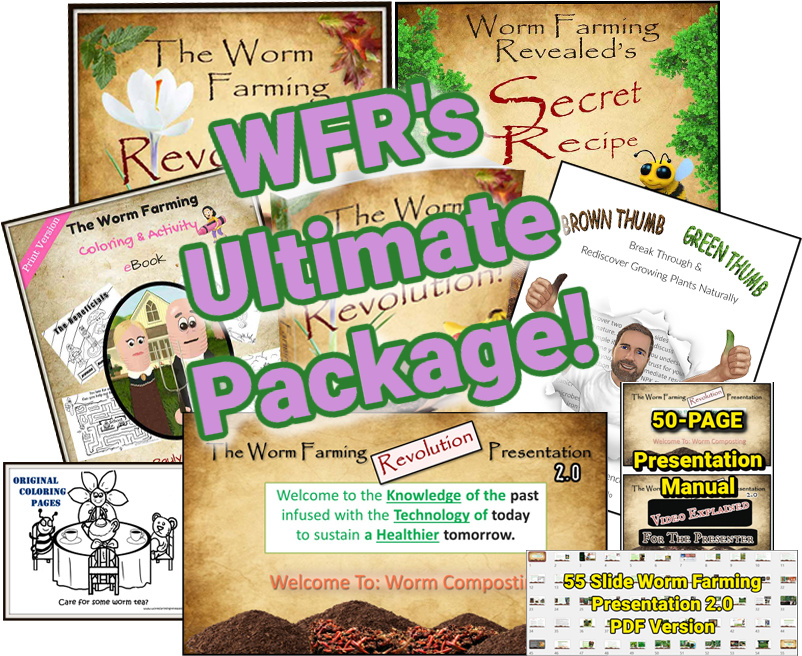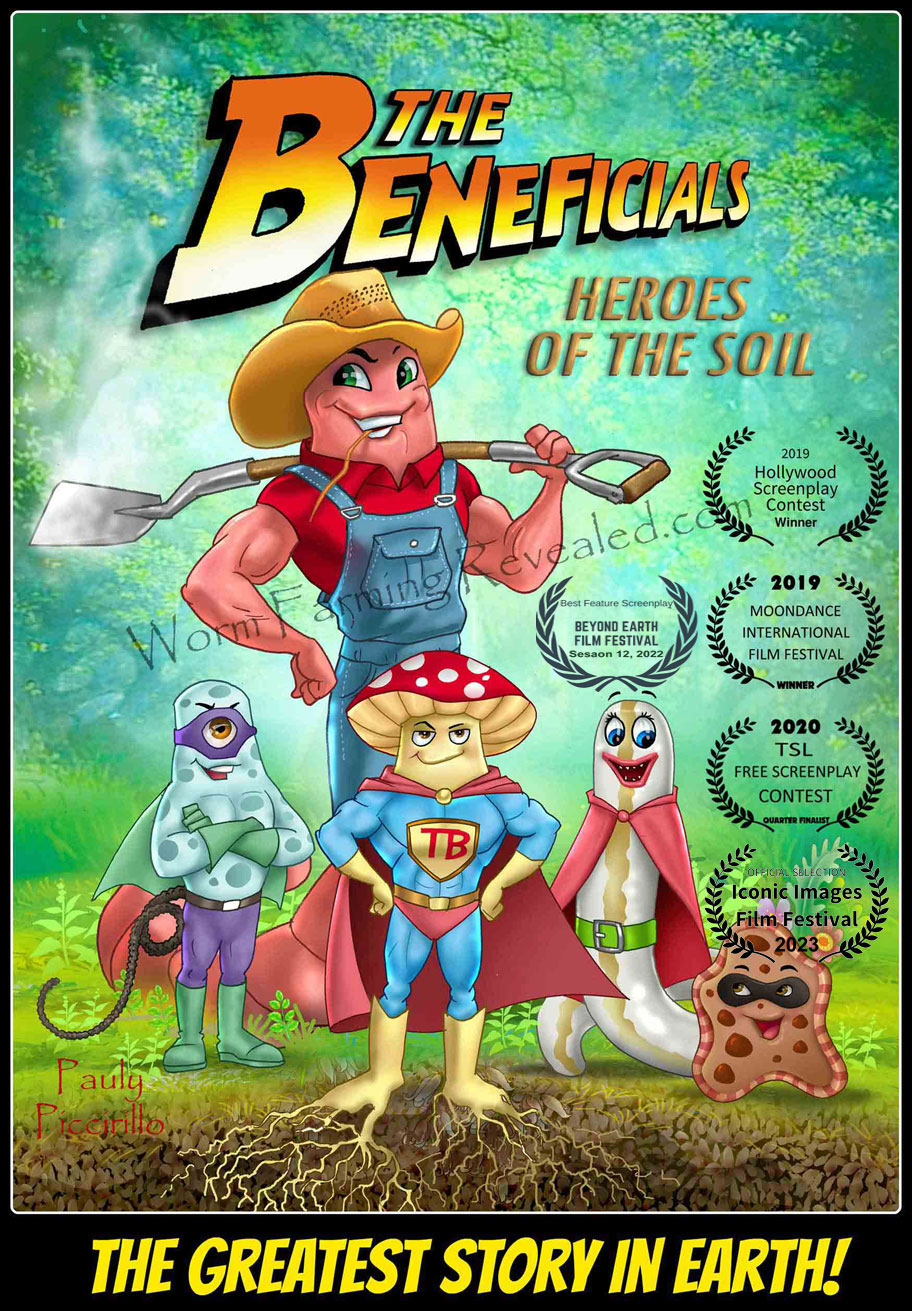worm castings too rich?
by Susan
(FL)
Is there a proper way to dry worm castings? I have 2 worm bins and get lots of worm tea and castings, but the castings are very heavy, like gooey thick mud. I try to dry them a bit but they end up completely drying out into hard chunks that don't mix well with soil. The worms are fed mostly kitchen scraps and newspaper. suggestions?
Comments for worm castings too rich?
|
||
|
||
|
||
|
||
|
||
|
||
|
||
|
||
|
||
|
||
|
||
|
||
|
||


